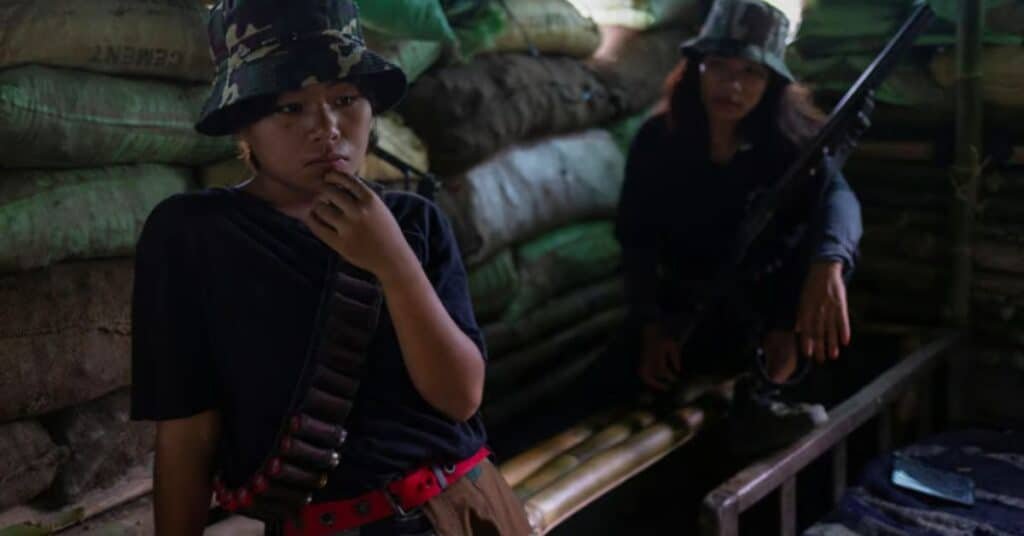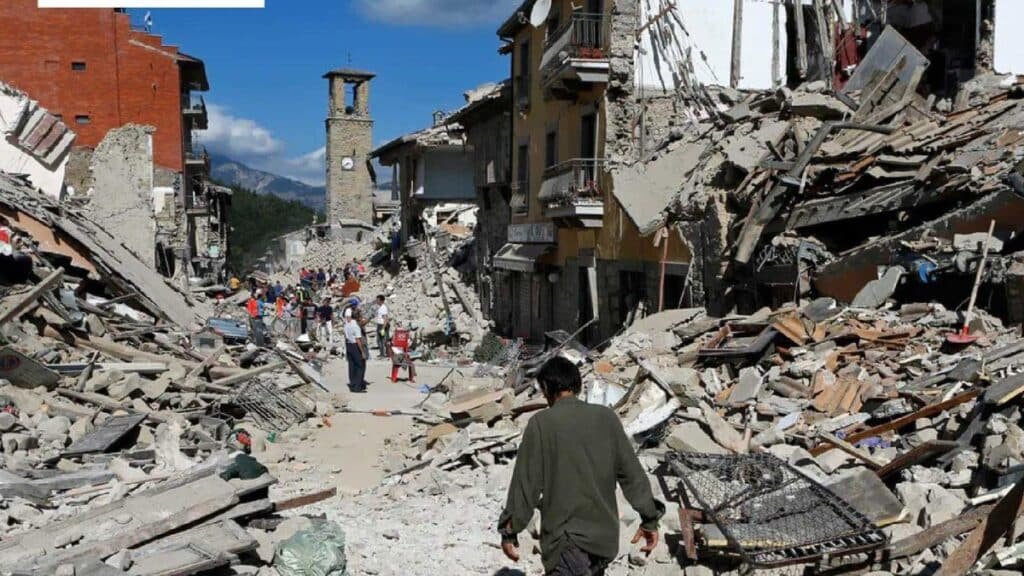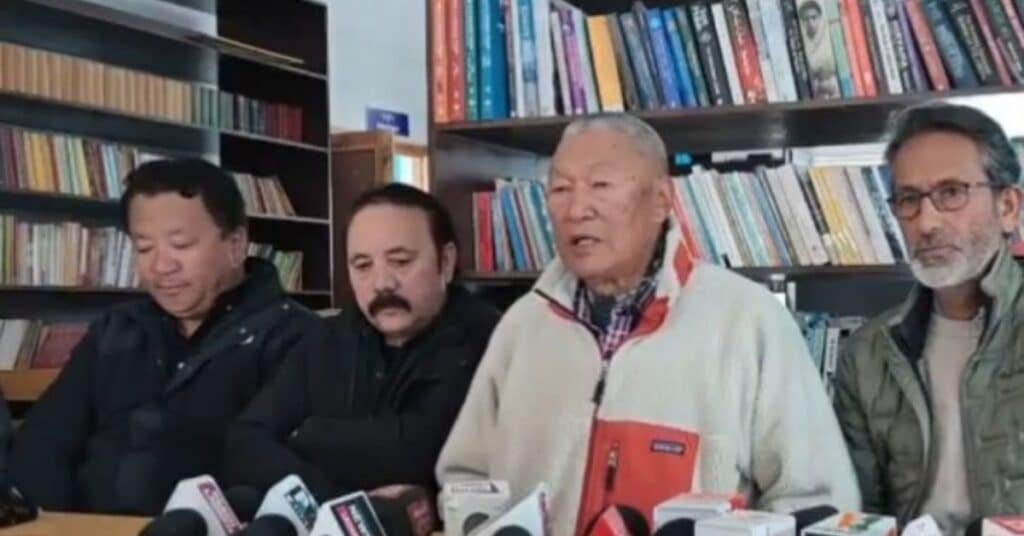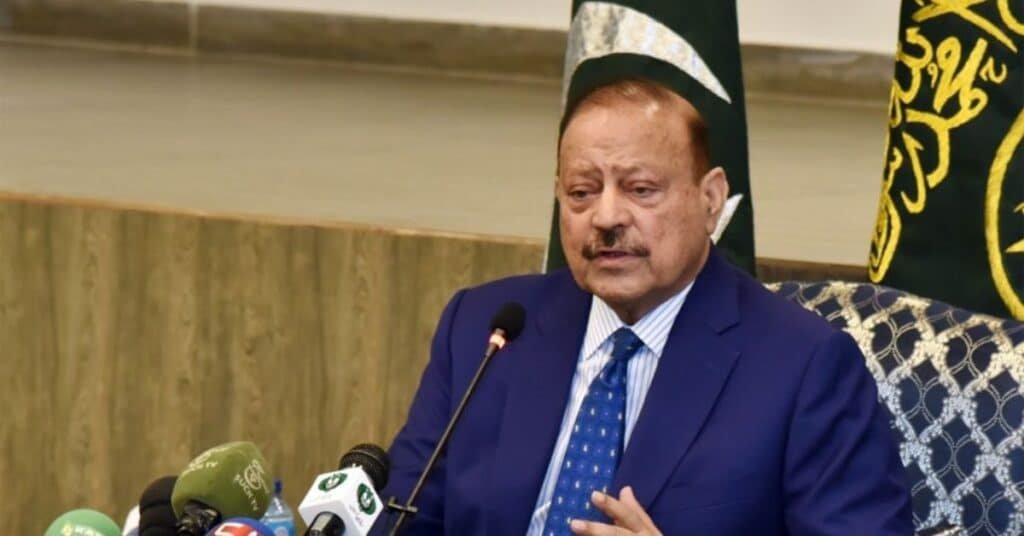IMPHAL, India (Kashmir English): Sixteen Kuki village chiefs from Manipur’s Tengnoupal district along the Indo-Myanmar border have jointly declared “total non-cooperation” with the Indian government over the ongoing border fencing project, which they say infringes on village lands and disrupts local lives.
According to Kashmir Media Service, in a strong communiqué, the chiefs rejected any land compensation or negotiations until their political demands are met and peace is restored in Manipur. “This is not about money — it’s about our rights, our land, and our survival,” they stated.
They condemned the Indian government’s push to scrap the Free Movement Regime (FMR) and press ahead with fencing, calling it an attack on the identity, mobility, and ancestral lands of border communities.
Despite repeated protests and appeals by the Kuki-Zo and United Naga Council, the government has ignored calls for consensus, they said.
The chiefs demanded an immediate halt to fencing work and the removal of Indian forces and equipment from affected villages to avoid further conflict.
“This struggle is not about compensation; it is about securing our political rights and protecting our people along the Indo-Myanmar frontier,” the statement concluded.
The chiefs represent villages including New Shijang, Leijangphai, TV Gamnomphai, Huolenphai, Y. Ngahmun, Motha, Chongjang, Chalson, Yangoubung, H. Lunghoiham, H. Munom, J. Munomjang, N. Gangpijang, T. Bongmol, L. Phunchong, and New Salbung.
Notably, the ethnic violence in Manipur, which erupted in May 2023, has resulted in over 260 deaths, mostly from Christian dominated Kuki-Zo tribal groups, and displaced more than 60,000 people.
Manipur unrest
The conflict stems from long-standing tensions between the Hindu-majority Meitei community of the Imphal Valley and the hill-based Kuki-Zo tribes, intensified by demands from the Meiteis for Scheduled Tribe status.
This move has been fiercely opposed by the Kuki-Zo, fearing loss of their political influence and land rights. The Meiteis are reportedly being supported by the state machinery.




